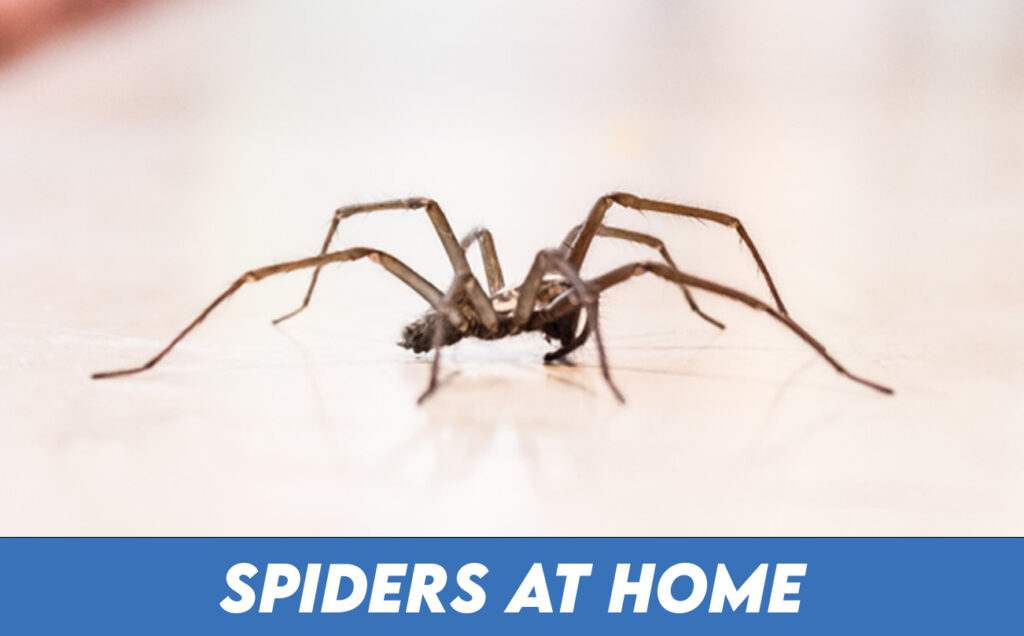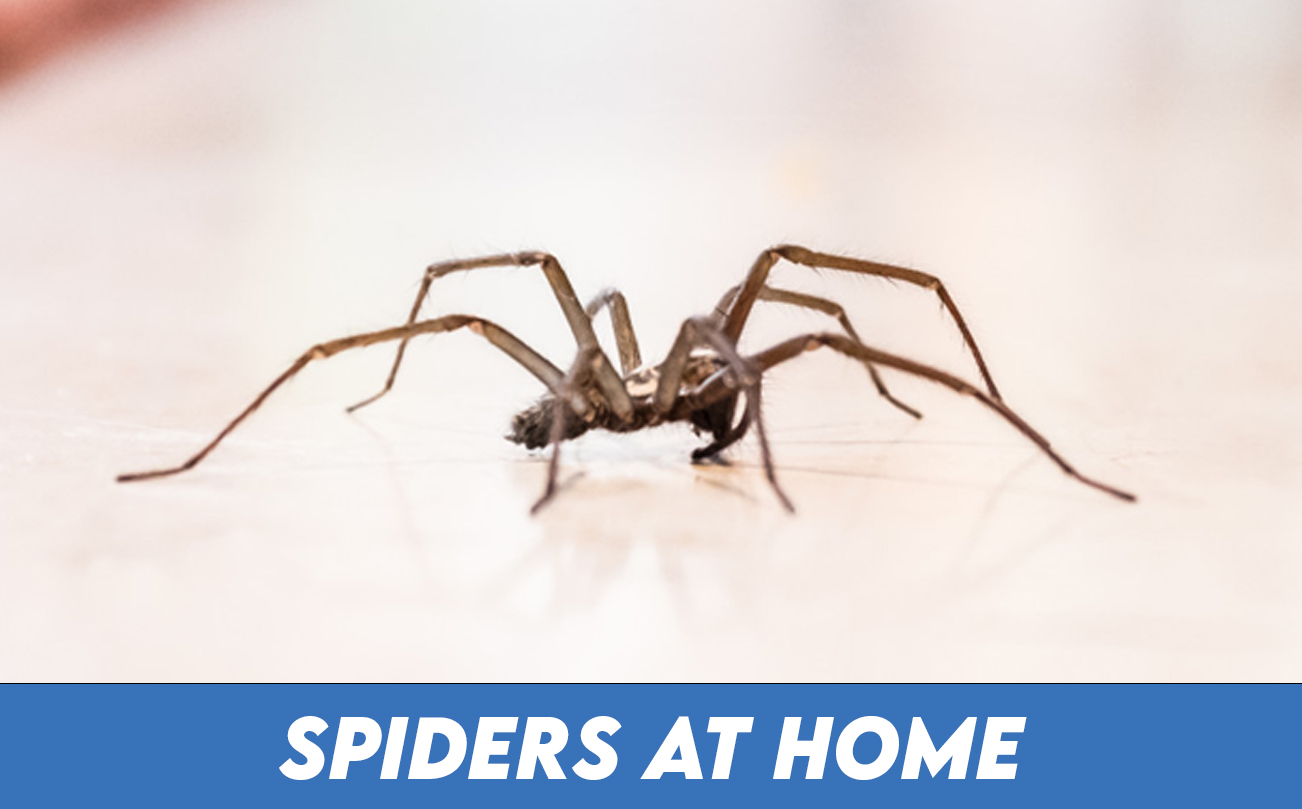Spiders are a common sight in many households, and while they can be helpful in controlling other pests, their presence is often unwelcome. If you’re searching for ways to evict your eight-legged roommates, you’ve come to the right place. In this in-depth guide, we’ll cover various methods on how to get rid of spiders at home, so you can enjoy a peaceful, arachnid-free living space. From cleaning tips to natural remedies, we’ll arm you with the knowledge you need to tackle your spider problem head-on.

The Importance of Regular Cleaning and Decluttering
Maintaining a clean and organized home is crucial in discouraging spiders from moving in. Spiders thrive in dark, undisturbed spaces, so a clutter-free environment leaves them with fewer hiding spots. Make a habit of vacuuming regularly, paying special attention to corners and under furniture. Dust off surfaces, clear cobwebs, and remove any items that may provide shelter for spiders. A clean home is less inviting to these critters and will make it easier for you to spot any that do manage to find their way inside.
Seal Gaps and Cracks to Keep Spiders Out
Spiders are masters at squeezing through tiny gaps and cracks, making it easy for them to enter your home. Carefully inspect your walls, windows, and doors for any potential entry points, and seal them with caulk or weatherstripping. Not only will this deter spiders, but it can also help improve your home’s energy efficiency by preventing drafts.
Essential Oils as Natural Spider Repellents
Some essential oils have been known to repel spiders effectively. Peppermint, eucalyptus, and lavender oils are among the most popular choices for this purpose. To create your own spider-repellent spray, mix a few drops of your chosen essential oil with water in a spray bottle. Apply this mixture to windows, doors, and other areas where spiders are likely to enter or congregate. As an added bonus, your home will be filled with a pleasant aroma.
The Power of Vinegar: A DIY Spider Spray
Vinegar is a versatile household staple with numerous uses, including spider deterrence. To create a homemade spider spray, mix equal parts water and white vinegar in a spray bottle. Apply the mixture to areas where you’ve spotted spiders or their webs. Keep in mind that vinegar can be corrosive, so exercise caution when using it on delicate surfaces.
Attract Natural Spider Predators to Your Garden
Several creatures, such as ladybugs and various bird species, are natural predators of spiders. By encouraging these helpful animals to visit your garden, you can maintain a healthy balance and reduce the number of spiders that venture indoors. To attract these predators, consider installing bird feeders and houses, as well as incorporating plants that attract beneficial insects like ladybugs.
Sticky Traps: A Simple, Non-Toxic Solution
Sticky traps are an easy, non-toxic way to catch spiders in your home. Place them in strategic locations, such as corners, behind furniture, and near windows. Check the traps regularly to monitor spider activity and replace them as needed. Sticky traps are a simple, chemical-free method for controlling spider populations indoors.
Spider-Proof Your Outdoor Spaces
Keeping your outdoor spaces clean and tidy can go a long way in preventing spiders from entering your home. Regularly trim back overgrown vegetation, remove piles of debris, and store firewood away from your house to create a less hospitable environment for spiders. By making your yard less inviting to these arachnids, you’ll reduce the chances of them finding their way inside.
Use a Dehumidifier to Discourage Spiders
Spiders are attracted to damp, humid environments, so maintaining a dry indoor atmosphere can help deter them. Invest in a dehumidifier for areas prone to moisture, such as basements and laundry rooms. By keeping the humidity levels in check, you’ll create a less appealing environment for spiders and other pests.
Switch to Yellow Light Bulbs Outdoors
While spiders aren’t attracted to light, the insects they prey on are. Swapping your outdoor light bulbs for yellow or sodium vapor bulbs can help reduce the number of insects that are attracted to your home. In turn, this can make your property less enticing to spiders on the hunt for their next meal.
Professional Help: When to Call an Exterminator
If you’ve tried all the above methods and still find yourself battling a persistent spider infestation, it may be time to call in the professionals. An experienced exterminator can assess your situation, identify the species of spiders you’re dealing with, and recommend the most effective treatment methods. Sometimes, a professional touch is necessary to fully resolve your spider problem.
Getting rid of spiders at home can be a daunting task, but with the right techniques and a bit of persistence, you can enjoy a spider-free sanctuary. By incorporating regular cleaning, natural repellents, and strategic outdoor maintenance, you’ll create an environment that’s less inviting to these eight-legged nuisances. And remember, if all else fails, don’t hesitate to consult a professional exterminator for help. Here’s to a peaceful, arachnid-free home!

